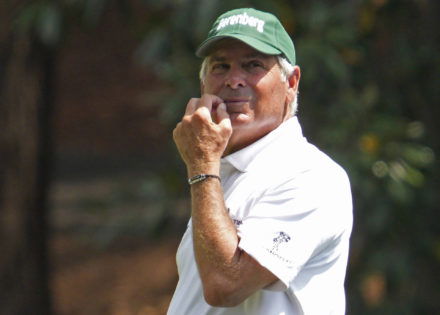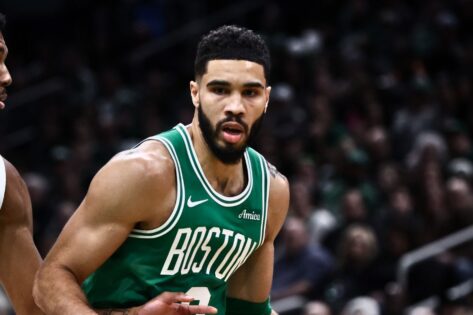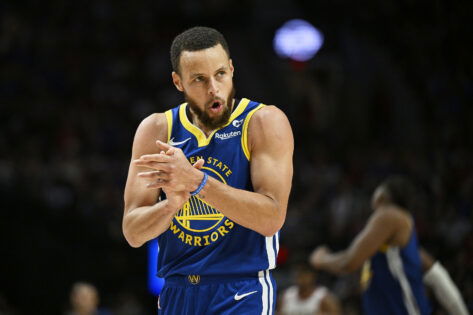Carmelo Anthony’s story didn’t start with NBA glory. It began with pain. At just two years old, he lost his father to cancer, leaving his mother, Mary, to raise him alone in one of the toughest places imaginable, West Baltimore. They lived in the Murphy Homes, a housing project plagued by drugs and violence. The streets could’ve easily swallowed him whole for a kid like Melo. His mother worked relentlessly to shield him, but danger was always there.
Against all odds, he turned his talent into a lifeline. From Towson Catholic to Oak Hill Academy, then to Syracuse, where he carried the team to an NCAA title in 2003. The NBA was next, but success never made him forget where he came from. In 2005, he started the Carmelo Anthony Foundation, helping struggling communities through education, sports, and disaster relief. His journey was heart, hustle, and a promise to lift others on the way.
Recently, one of the incidents from his early days came up. It’s about the time when someone intervened, and Carmelo Anthony got in trouble for visiting his childhood streets. On 7 PM in Brooklyn with Carmelo Anthony, Karlous Miller brought up a past interview of Melo. He said, “I saw this one interview you said that they pulled you to the side so you was hanging out too much.” Here, ‘they’ could refer to the police, stepping in after seeing him around the wrong crowd too often. Or it could’ve been well-meaning mentors. Coaches, neighbors, or even teammates, who recognized his talent and didn’t want to risk seeing it wasted on the streets.
Initially, Miller hesitated in stating where exactly Carmelo Anthony was “hanging out too much.” However, when Melo asked outright, “Where?” Miller said “in the hood”. Melo, being a person who grew up there, spoke casually about it. He responded, “Oh yeah. Yeah. Yeah. I mean, but that was that’s all I knew. That’s all I knew at that point in time.” He made it clear that it was a normal part of his world that he had seen growing up. Miller further asked, “But now looking back, do you ever be like, I probably shouldn’t have been over there though.”
Carmelo Anthony responded again, without budging. “I came from that. Yeah. So that wasn’t nothing for me. I’m just going back. Like I’m on my block.” This was a heart-touching statement. For a kid who grew up on those streets and went out to be one of the legends, it was nothing more than a normal home. To outsiders, it looked like danger. To Carmelo, it was familiarity. The corner store, the project steps, the sound of sirens, they were a part of his upbringing. That’s why going back never felt like a risk; it felt like reconnecting with who he was before the fame.
Carmelo Anthony’s unfinished business
The viral six-week, no-pads semipro football league for athletes 37 and under has struck a chord with fans and players alike. Including 10-time NBA All-Star Carmelo Anthony. The league’s unfiltered intensity and community-driven spirit have sparked a broader conversation about athletic longevity. It resonated with Anthony as he contemplated his own post-retirement path. Watching highlights of the league, Anthony didn’t hold back his admiration, saying, “I’m with this… I f–k with this! I shout out to whoever started this league right here.”
His reaction shows a deep yearning among retired or sidelined athletes to reclaim their competitive fire. The league’s model features a condensed schedule and grassroots energy. It offers a blueprint for veterans like Carmelo Anthony, who still feel they have more to give. Anthony’s comments reveal a universal truth among elite athletes: the drive to compete doesn’t fade with age. “Yeah, cuz think about how many like athletes, former athletes, who maybe got out the game early, who still feel like athletically inclined… They probably felt like they got out the game early, too early,” he said.
This underscores a growing movement of veterans rejecting traditional retirement narratives. Whether through leagues tailored for older athletes or casual but fiercely competitive pickup games. For Anthony, whose NBA career included a scoring title and three Olympic gold medals, this isn’t just about reliving past glory. His focus may now include mentoring his son, Kiyan Anthony, but his own hunger for competition remains undimmed. The rise of leagues like this semipro football circuit signals a cultural shift in sports, where age is no longer a hard stop.
Anthony’s enthusiasm, “Chasing sport dreams while pushing 40. You sh** with it or sh** out of it.”- captures the spirit of athletes refusing to fade away. Whether Anthony returns to a formal league or channels his energy into grassroots basketball, his journey is the reinvention of athletic careers beyond traditional timelines. As he explores this next chapter, his words and actions could inspire a generation of veterans to keep playing.
The post Carmelo Anthony Reflects on Early Career Intervention as Returning to ‘Safety Net’ Caused Trouble appeared first on EssentiallySports.



